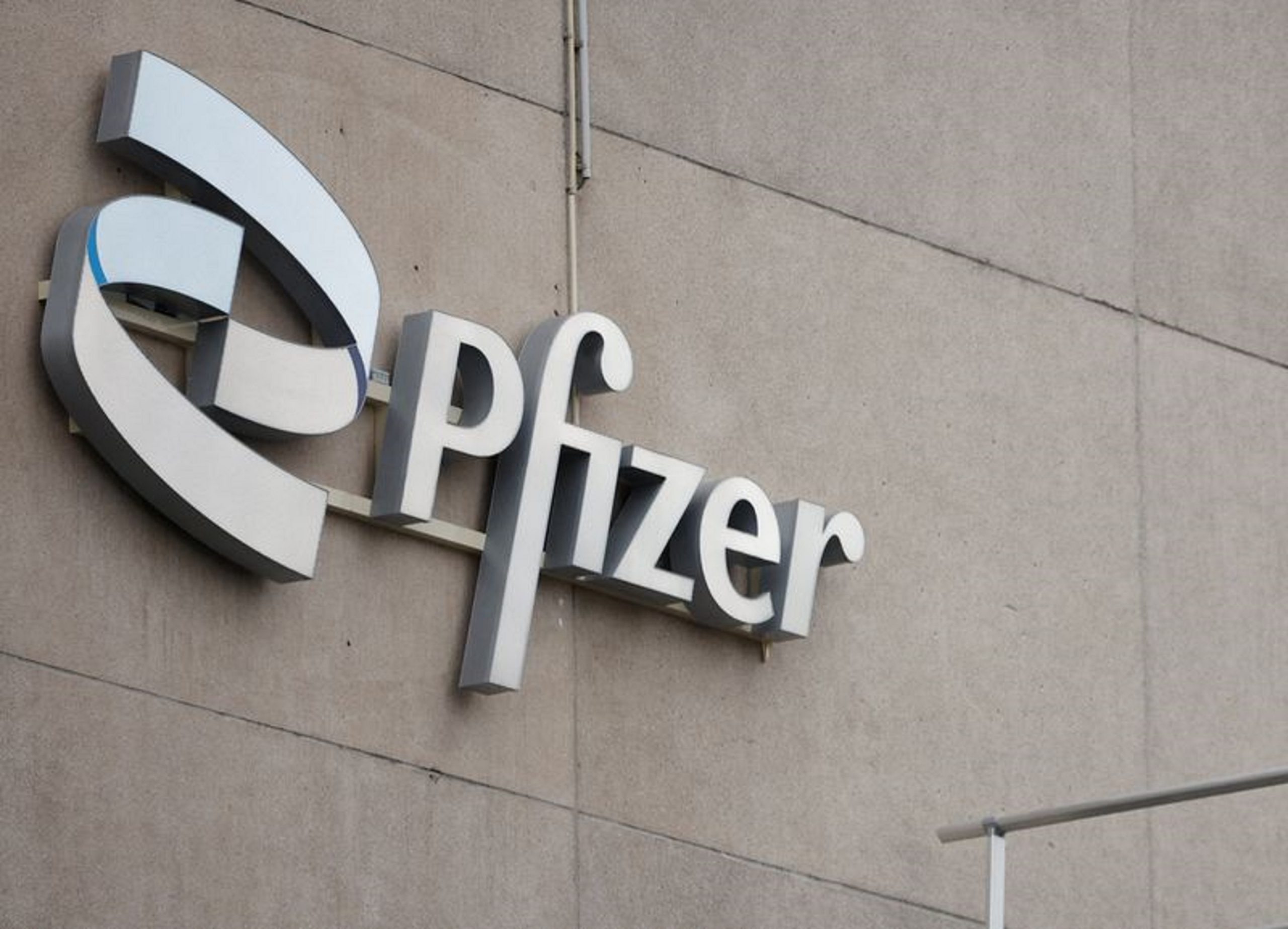
Pfizer has sued Dexcel Pharmaceuticals for alleged patent infringement over a generic drug that could compete with one of Pfizer’s major revenue earners. The lawsuit revolves around Vyndamax, a drug that generated $818 million in 2023. Dexcel’s challenge stems from a filed abbreviated new drug application with the US FDA. Pfizer’s patents for Vyndamax, which treats ATTR-CM, are set to expire soon. If Dexcel succeeds, it could impact Pfizer’s sales and lower Vyndamax costs. This case parallels previous patent battles, including a recent Roche-Sandoz dispute over Esbriet.
Pharmaceutical giant Pfizer has taken legal action against Israeli drug manufacturer Dexcel Pharmaceuticals, alleging that Dexcel’s generic drug development poses a threat to one of Pfizer’s key revenue-generating medications.
In recent days, Pfizer, in collaboration with the Scripps Research Institute, announced their decision to initiate a lawsuit against Dexcel Pharma of Israel. The lawsuit is centered around claims of patent infringement concerning Vyndamax, a pharmaceutical that has already yielded $818 million in revenue within the year 2023.
Earlier in July, Dexcel informed Pfizer through written correspondence that it had submitted an abbreviated new drug application (ANDA) to the United States Food and Drug Administration (FDA). In this communication, Dexcel contended that Pfizer and Scripps’ patents were without merit, without providing substantiating evidence or rationale for their stance. Should Dexcel secure a favorable outcome in the courtroom, the company will proceed with the production and sale of a generic counterpart to Vyndamax within the United States.
Pfizer’s patents extend to the utilization of Vyndamax for the treatment of transthyretin amyloid cardiomyopathy (ATTR-CM). The original pair of patents were formally lodged between 2003 and 2004, and both are due to expire within the subsequent 8 months. A third patent, about the employment of crystalline tafamidis, the active ingredient within Vyndamax, is slated to remain in force until 2035.
The listed annual wholesale cost of Pfizer’s drug stands at $240,000, and many patients are burdened with out-of-pocket expenses exceeding $1,000 monthly to cover their required medication.
ATTR-CM, as described by the Cleveland Clinic, arises when the liver produces aberrant proteins that amass within the heart’s primary chamber. This accumulation elevates the risk of heart failure and results in weakened heart muscle. The condition is prevalent among individuals of Black ethnicity, affecting approximately 1 in 25 individuals with a mutated TTR gene.
Presently, no definitive cure exists for ATTR-CM. The only available treatments encompass Pfizer’s Vyndaqel and Vyndamax, as well as the generic NSAID Dolobid. The utilization of Pfizer’s drugs has demonstrated a 13% rise in survival rates among patients. However, even with treatment, the prognosis for ATTR-CM remains grim, as most patients survive only two to three years following the onset of heart failure.
Prior Legal Precedents
In a recent case, occurring in August of the current year, Genentech, a subsidiary of Roche, took legal action against Sandoz for infringing upon a patent and developing a generic version of the popular lung disease drug, Esbriet. Roche garnered $1 billion from Esbriet sales in 2021 and argued that generic competition imperiled their market share. Sandoz submitted a new drug application (NDA) to the FDA in 2019 for generic Esbriet, promptly leading to patent infringement litigation. In that legal contest, a federal judge ruled against Roche, deeming the patents invalid and permitting Sandoz to bring its generic iteration of the drug to market. The latest lawsuit revolves around the validity of a patent introduced after the initial case in 2019.
In a reminiscent case from 2007, AstraZeneca brought forth a lawsuit against Dexcel, alleging patent infringement concerning Prilosec OTC. In that legal proceeding, Dexcel emerged victorious and obtained authorization to distribute a 20 mg delayed-release variant of Prilosec, thereby denting AstraZeneca’s market share.
If Dexcel manages to establish the invalidity of Pfizer’s patents, likely, the company will significantly curtail Pfizer’s sales and notably decrease the cost of Vyndamax for consumers. At present, Vyndamax ranks as Pfizer’s fourth highest-grossing medication, exclusive of its COVID-19 product portfolio.
